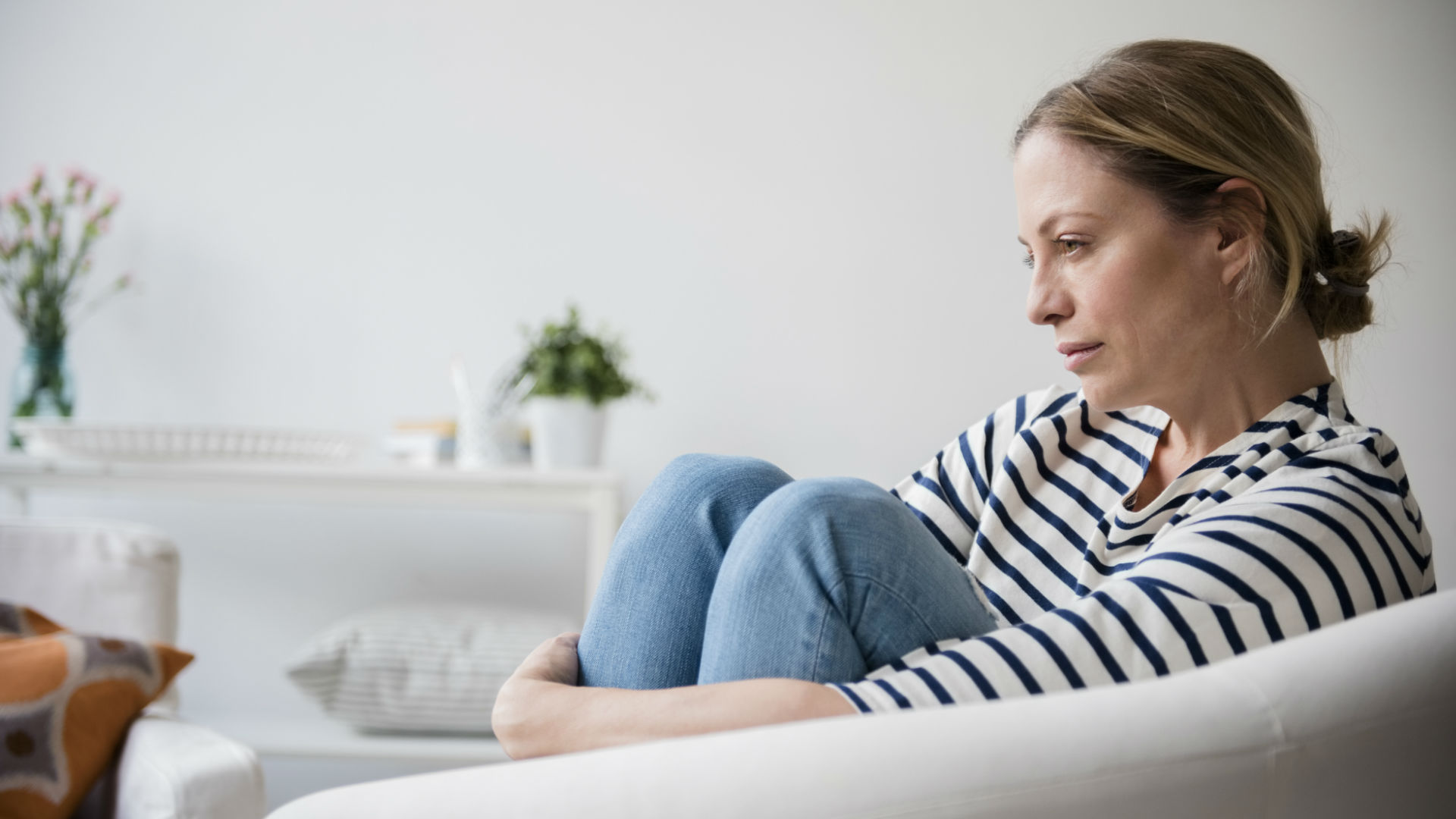As the coronavirus pandemic gained ground in the United States, so did anxiety. And it is that a group of researchers from the Qualcomm Institute of the University of California studied anxiety-related searches and, according to the results, the interest in this condition exceeds the figure of three million.
Experts analyzed Google trends dating back 16 years and found that people searched for anxiety-related information at record levels starting in March, when the World Health Organization declared coronavirus a global emergency.
The study in which Johns Hopkins University also participated, and which was published in JAMA Internal Medicine , yielded a recordnever seen in the last 16 years, where "searches such as 'Am I having a panic attack?', 'signs of anxiety, attack' or 'symptoms of anxiety attack' were the highest in the entire study period" explained Benjamin Althouse , an epidemiologist at the Institute for Disease Modeling (IDM), an organization that was also involved in the research.
"During the first 58 days of the COVID-19 pandemic, there were an estimated 3.4 million searches related to severe acute anxiety in the United States," Althouse said in a statement.
This showed that the highest levels of search were reached as of March 13, when Donald Trump , president of the United States, officially declared the coronavirus a national emergency.
According to experts, the largest increases with an upward trend of 17% were detected since March 16, when the national social distancing guidelines were imposed for the first time, until April 14, a few days after it was given to learn that the United States surpassed Italy with the highest number of deaths.
In addition to this, other important events occurred in that period, as social distancing guidelines spread in the United States, the Centers for Disease Control and Prevention recommended the use of a mask and the United States surpassed China in the number of cases reported on March 26.
The specialists found that, towards May, when the study concluded, the searches returned to normal levels, something that, for them, is a sign that Americans may have "become more resistant to the social consequences" of the coronavirus.
However, Adam Poliak , co-author of the study, assured that "it may take years to fully understand the social consequences of COVID-19" and considered that knowing these types of statistics will help prioritize the way in which these phenomena should be faced, since attacks by Anxiety is a mental health problem that can lead to more serious complications like depression.
Also, Poliak mentioned that this impact has been triggered "by external stressors and are socially contagious, especially relevant during a pandemic."
On the other hand, other research has begun to examine the mental health implications of COVID-19, including a recent study by the CDC that found that 40% of American adults reported having mental health or substance abuse problems late June, and found that nearly a third of the participants experienced symptoms of anxiety or depression in the past 30 days.
That analysis surveyed 5,412 people online and found that 25% of people ages 18-24 reported that they seriously considered suicide in the 30 days before completing the survey.
As if that weren't enough, the worst mental health outcomes were among youth, racial and ethnic minorities, essential workers and unpaid adult caregivers, according to the CDC.
Given this, mental health experts advise staying in contact with other people, participating in activities that maintain emotional well-being, even if it is virtually. Or, if someone is unemployed, it may help to maintain a daily routine, get enough sleep, eat a healthy diet, and exercise frequently.
What is anxiety
Medline Plus defines anxiety as a feeling of fear, fear, and restlessness. It can make you sweat, feel restless and tense, and have palpitations.
It can be a normal reaction to stress, for example, when you are faced with a difficult problem at work, before taking an exam or an important decision or, in this case, fear and uncertainty about the current situation of the pandemic.
While your symptoms may vary from person to person, Mayo Clinic lists the following:
1. Perceiving situations and events as threatening, even when they are not.
2. Difficulty dealing with situations of uncertainty.
3. Inability to relax, feeling nervous, and feeling excited or on edge.
4. Difficulty concentrating, or a feeling that the mind 'goes blank'.
5. Nervousness or tendency to startle.
6. Sweating.
7. Nausea, diarrhea, or irritable bowel syndrome.
8. Trembling, agitation.
9. Sleep disorders.
10. Muscle tension.
11. Irritability.
12. Pounding or rapid heartbeat.
13. Dizziness.
14. Shortness of breath.
15. Unexplained aches and pains.
See also:
Afraid of going back to the streets? Avoid anxiety and fear by returning to normal
Anxiety attack vs panic attack: what are they and how to differentiate them
Lucía Méndez has suffered anxiety in quarantine, but thus manages to control it
Related Video: How To Overcome Your Anxiety To Avoid A Panic Attack

